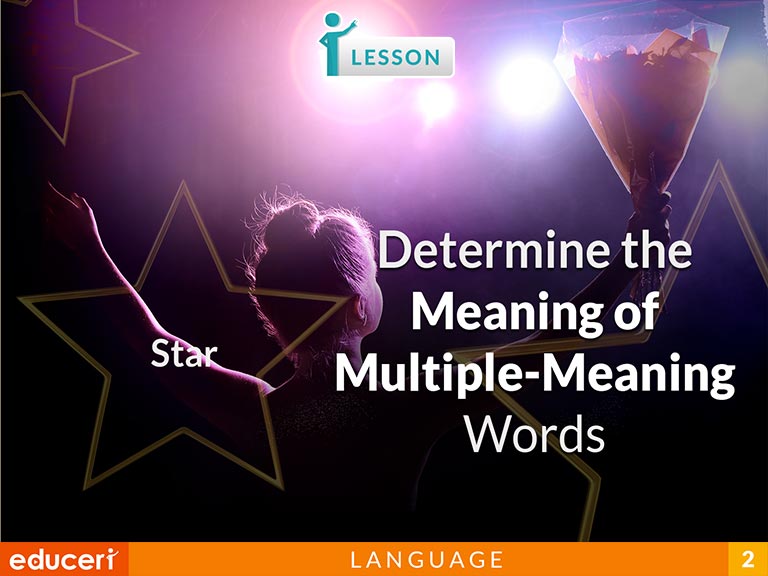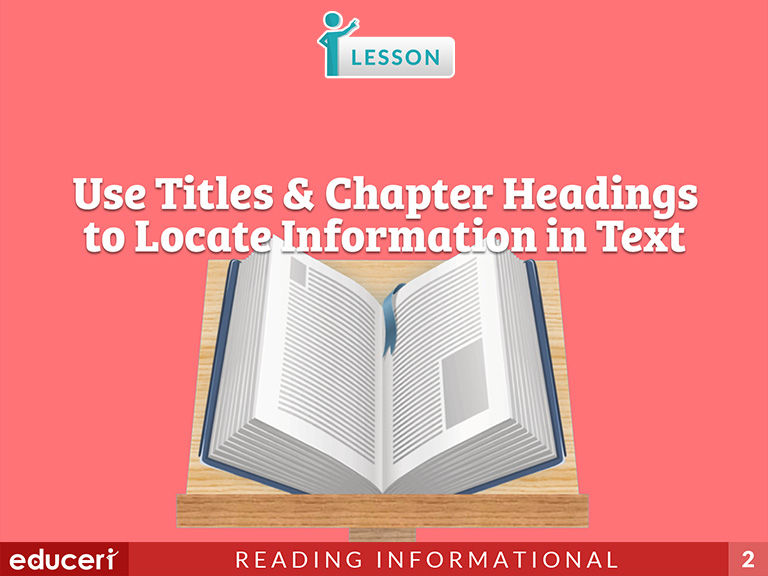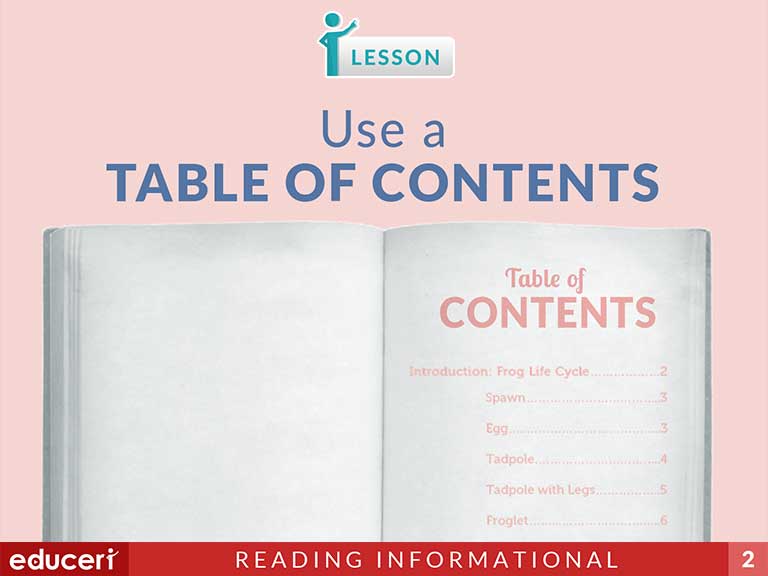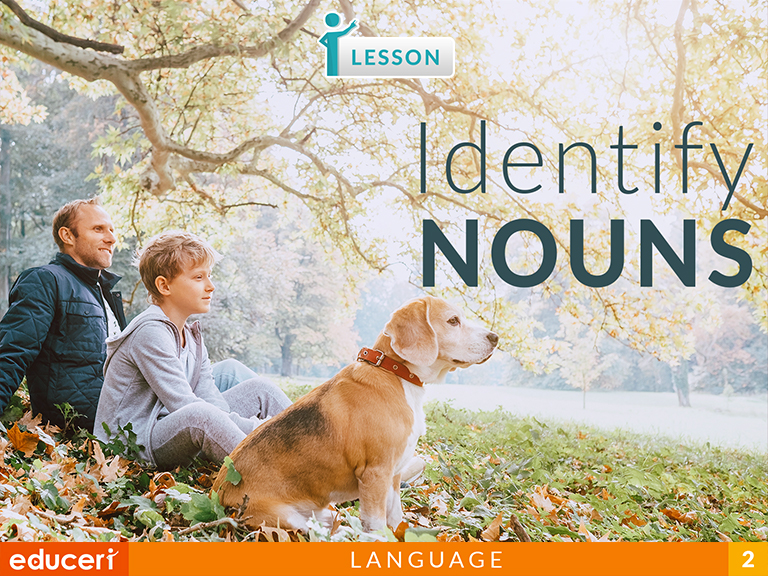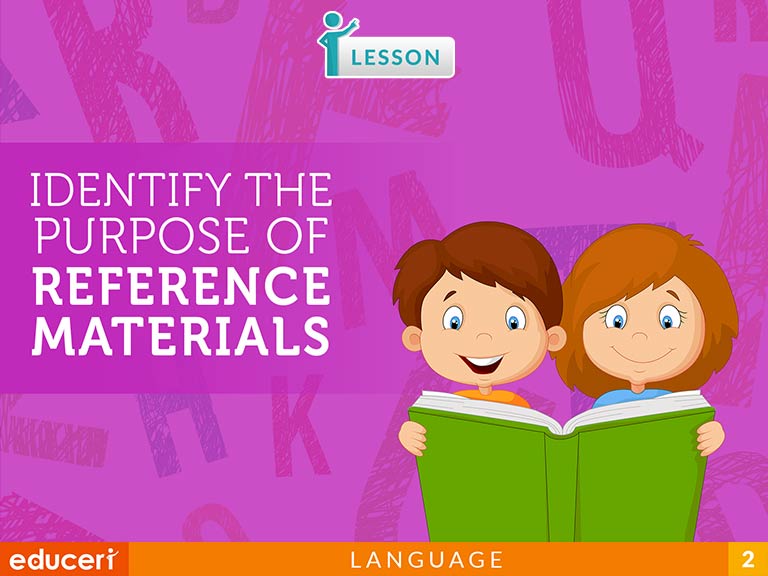All Lessons
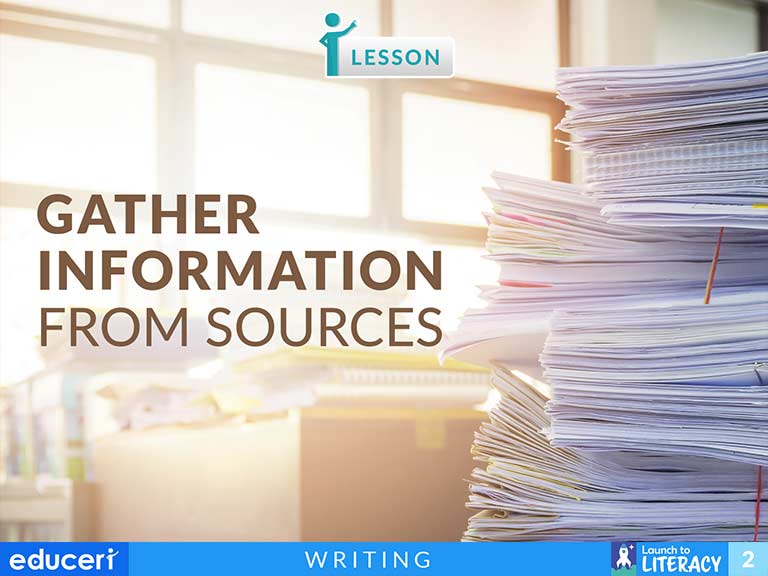
Gather Information from Sources
This lesson is a part of the Launch to Literacy program.
Share This Lesson
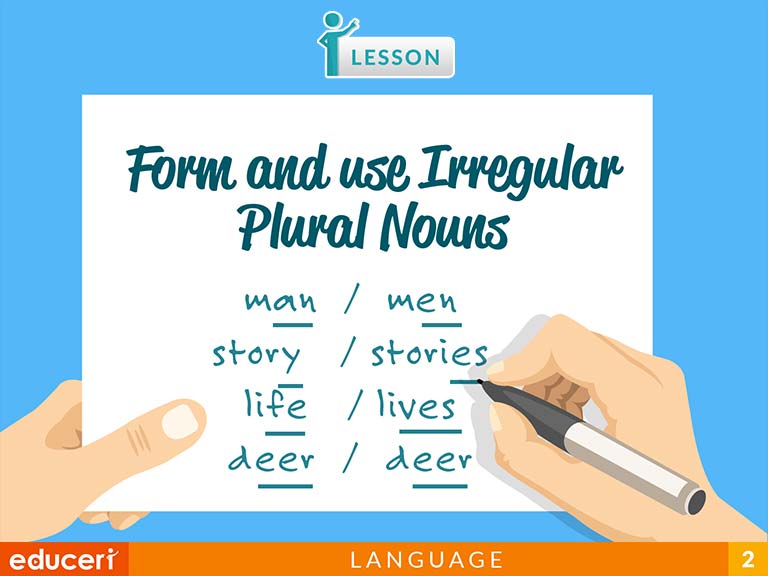
Form and Use Irregular Plural Nouns
This grammar lesson covers the use of irregular plural nouns. The lesson includes research-based strategies and strategic questions that prepare students for assessments. In this lesson, students will learn how to form irregular plurals using patterns, such as –an to –en, -y to –ies, -f to –ves, and no change.
Share This Lesson
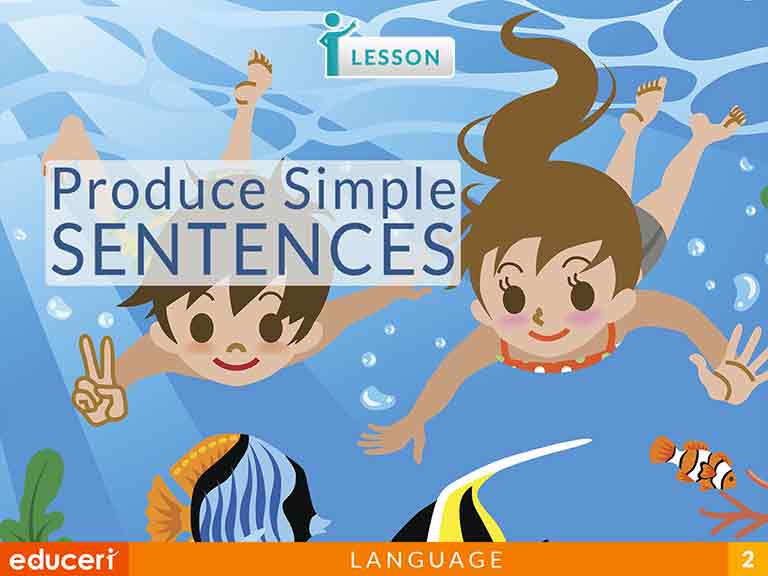
Produce Simple Sentences
L.2.1 Demonstrate command of the conventions of standard English grammar and usage when writing or speaking.
L.2.1.FL.2.1.F Produce, expand, and rearrange complete simple and compound sentences (e.g., The boy watched the movie; The little boy watched the movie; The action movie was watched by the little boy).
This grammar lesson covers the production of simple sentences. The lesson includes research-based strategies and strategic questions that prepare students for assessments. In this lesson, students will learn how to identify the subject and verb as well as phrases that tell where and how. They will create and write new sentences that match pictures and words from a word bank.
Share This Lesson
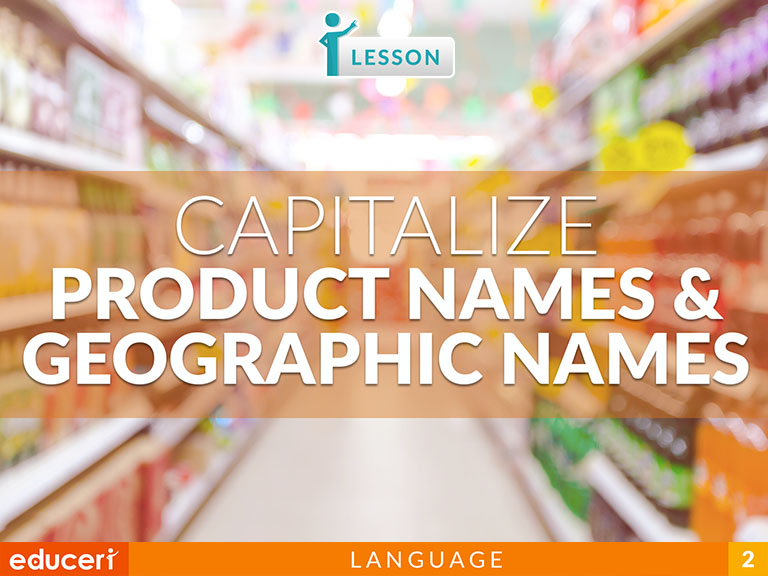
Capitalize Product Names & Geographic Names
This grammar lesson covers the capitalization of product names and geographic names. The lesson includes research-based strategies and strategic questions that prepare students for assessments. In this lesson, students will identify words that should be capitalized and then recognize which of the three sentences is correct.
Share This Lesson
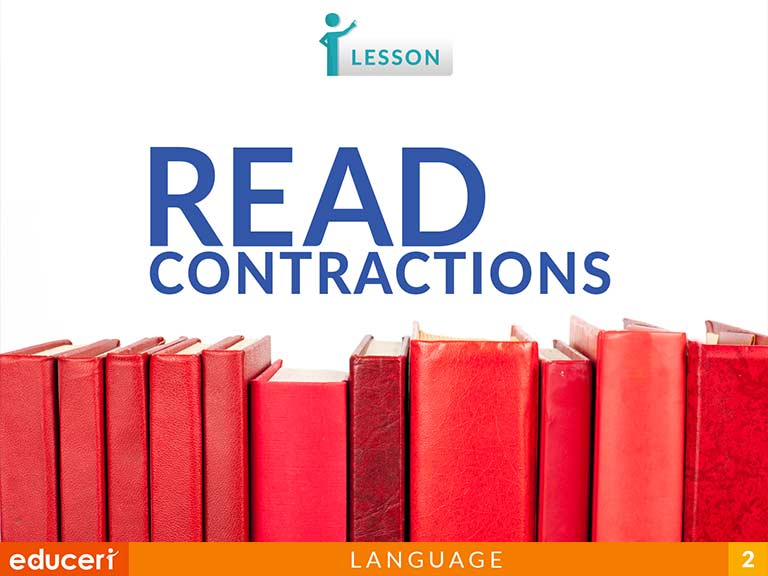
Read Contractions
This reading vocabulary lesson focuses on reading contractions. The lesson includes research-based strategies and questions that help prepare students for assessments. This lesson does not include any writing on the students part. It focuses on practicing to read words containing contractions. In addition to the lesson, there are eight pages of Independent Practice and review with questions modeled after current adaptive testing items.
Share This Lesson
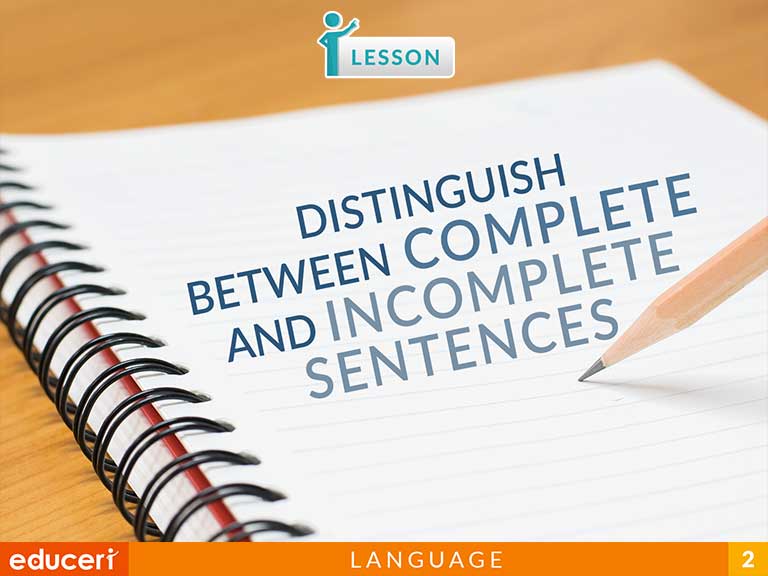
Distinguish Between Complete and Incomplete Sentences
L.2.1 Demonstrate command of the conventions of standard English grammar and usage when writing or speaking.
L.2.1.FL.2.1.F Produce, expand, and rearrange complete simple and compound sentences (e.g., The boy watched the movie; The little boy watched the movie; The action movie was watched by the little boy).
This writing conventions lesson focuses on distinguishing between complete and incomplete sentences. The lesson includes research-based strategies and strategic questions that prepare students for assessments. In this lesson, students identify verbs and subjects within a sentence and determine if the sentence in complete or incomplete. In addition to the lesson, there are four pages of Independent Practice and review with questions modeled after current adaptive testing items.
Share This Lesson
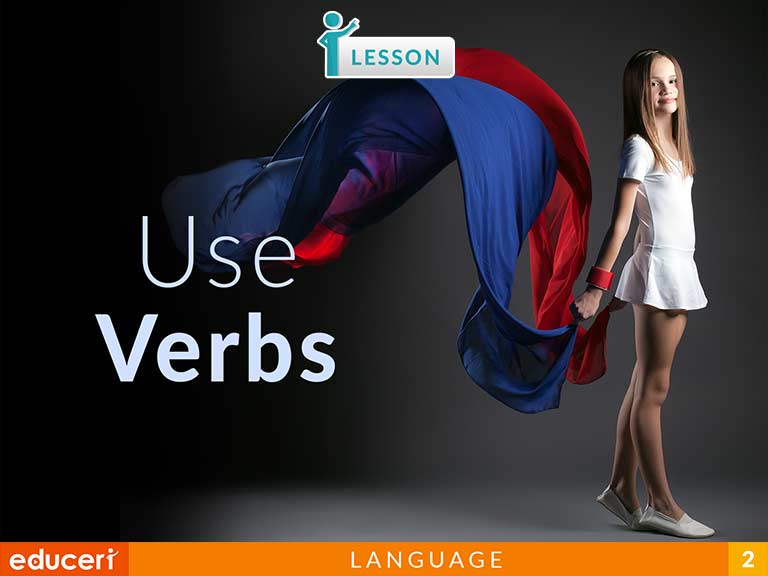
Use Verbs
This writing conventions lesson focuses on identifying verbs. The lesson includes research-based strategies and strategic questions that prepare students for assessments. In this lesson, students identify action words in sentences. In addition to the lesson, there are eight pages of Independent Practice and review with questions modeled after current adaptive testing items.
Share This Lesson
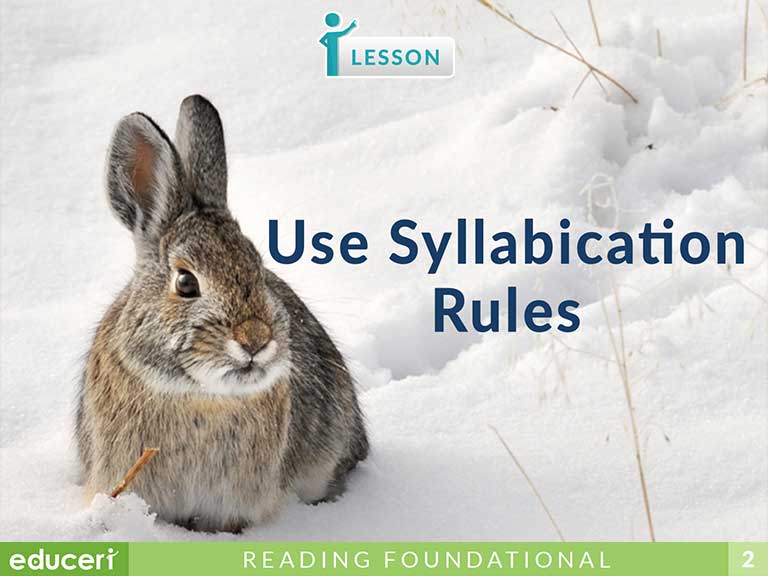
Use Syllabication Rules
This reading vocabulary lesson focuses on the use of syllabication rules. The lesson includes research-based strategies and strategic questions that prepare students for assessments. In this lesson, students use syllabication rules to divide words into syllables. In addition to the lesson, there are four pages of Independent Practice and review with questions modeled after current adaptive testing items.
Share This Lesson
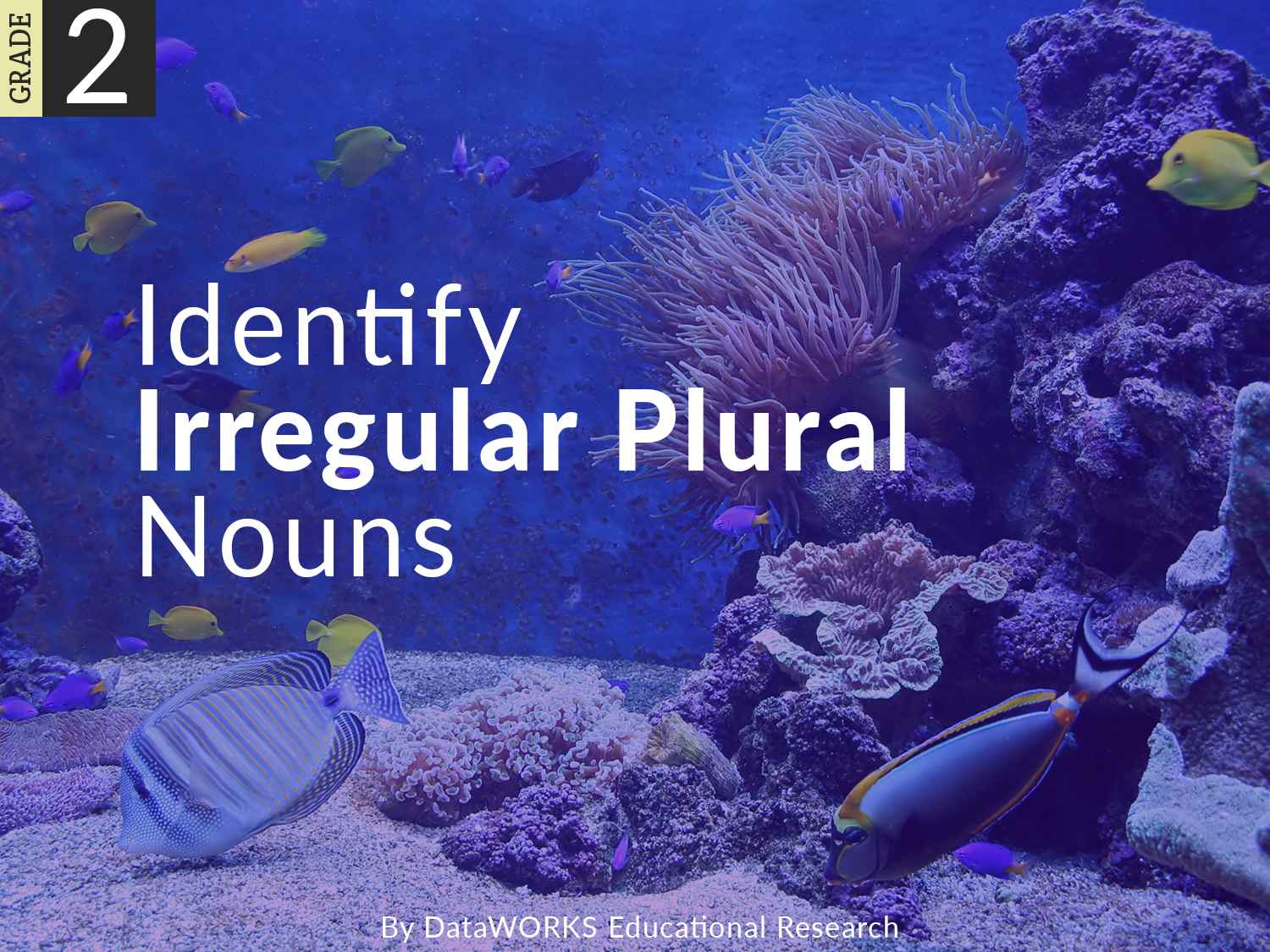
Identify Irregular Plural Nouns
This reading vocabulary lesson focuses on identifying irregular plural nouns. The lesson includes research-based strategies and strategic questions that prepare students for assessments. In this lesson, students change nouns to irregular plural nouns based on the spelling pattern. In addition to the lesson, there are four pages of Independent Practice and review with questions modeled after current adaptive testing items.
Share This Lesson
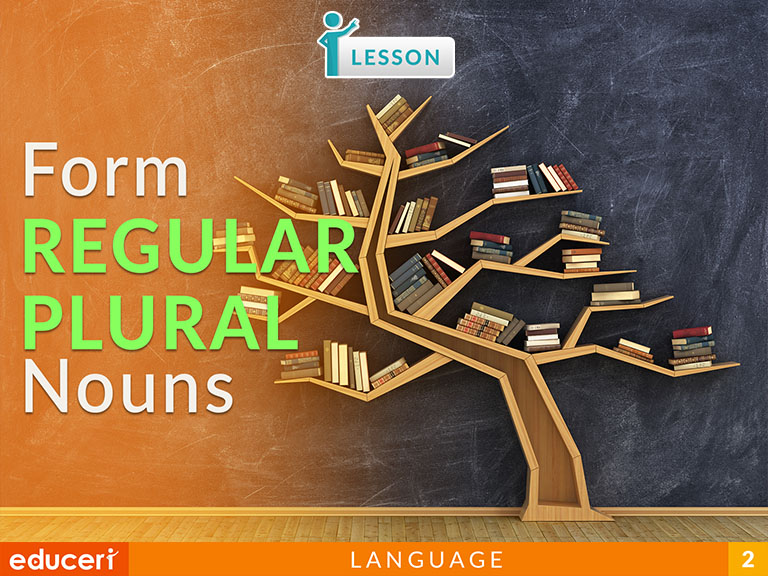
Form Regular Plural Nouns
This reading vocabulary lesson focuses on identifying regular plural nouns. The lesson includes research-based strategies and strategic questions that prepare students for assessments. In this lesson, students change singluar nouns to plural nouns based on the spelling rules. In addition to the lesson, there are four pages of Independent Practice and review with questions modeled after current adaptive testing items.
Share This Lesson
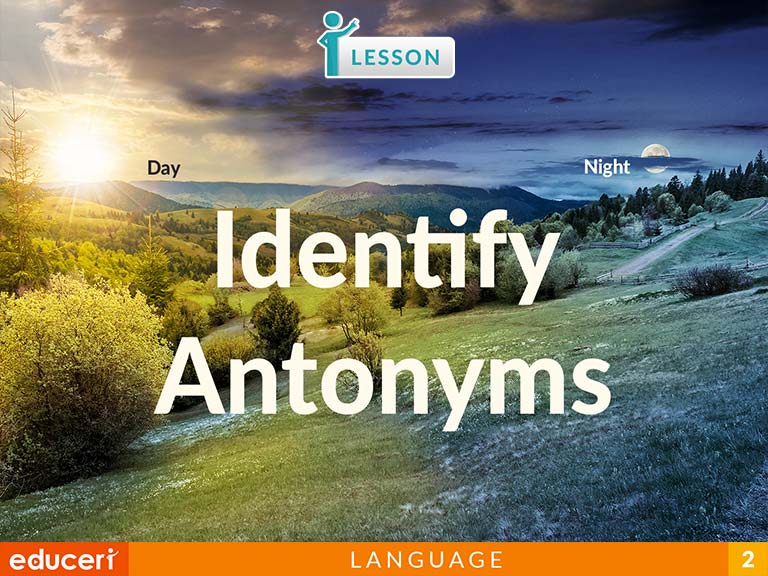
Identify Antonyms
This reading vocabulary lesson focuses on identifying antonyms. The lesson includes research-based strategies and strategic questions that prepare students for assessments. In this lesson, students use context clues and differences to identify antonyms. In addition to the lesson, there are four pages of Independent Practice and review with questions modeled after current adaptive testing items.
Share This Lesson
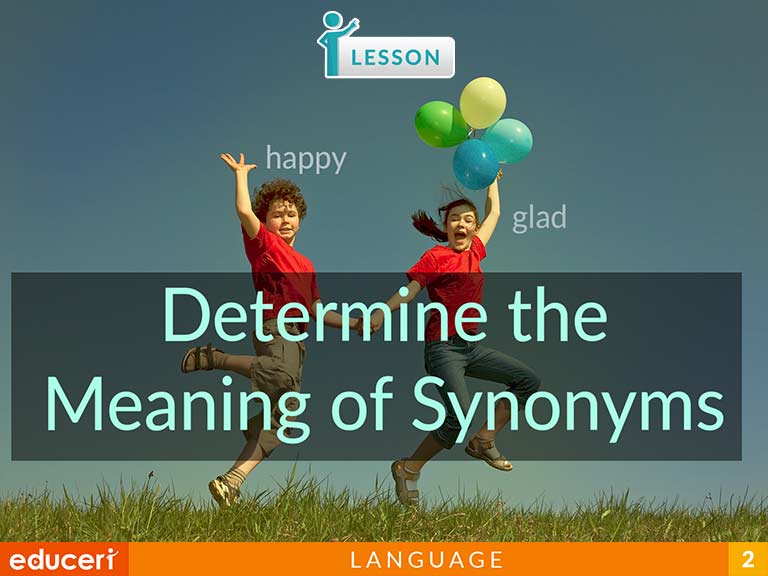
Determine the Meaning of Synonyms
This reading vocabulary lesson focuses on identifying synonyms. The lesson includes research-based strategies and strategic questions that prepare students for assessments. In this lesson, students use context clues and similarities to identify synonyms. In addition to the lesson, there are four pages of Independent Practice and review with questions modeled after current adaptive testing items.
Share This Lesson
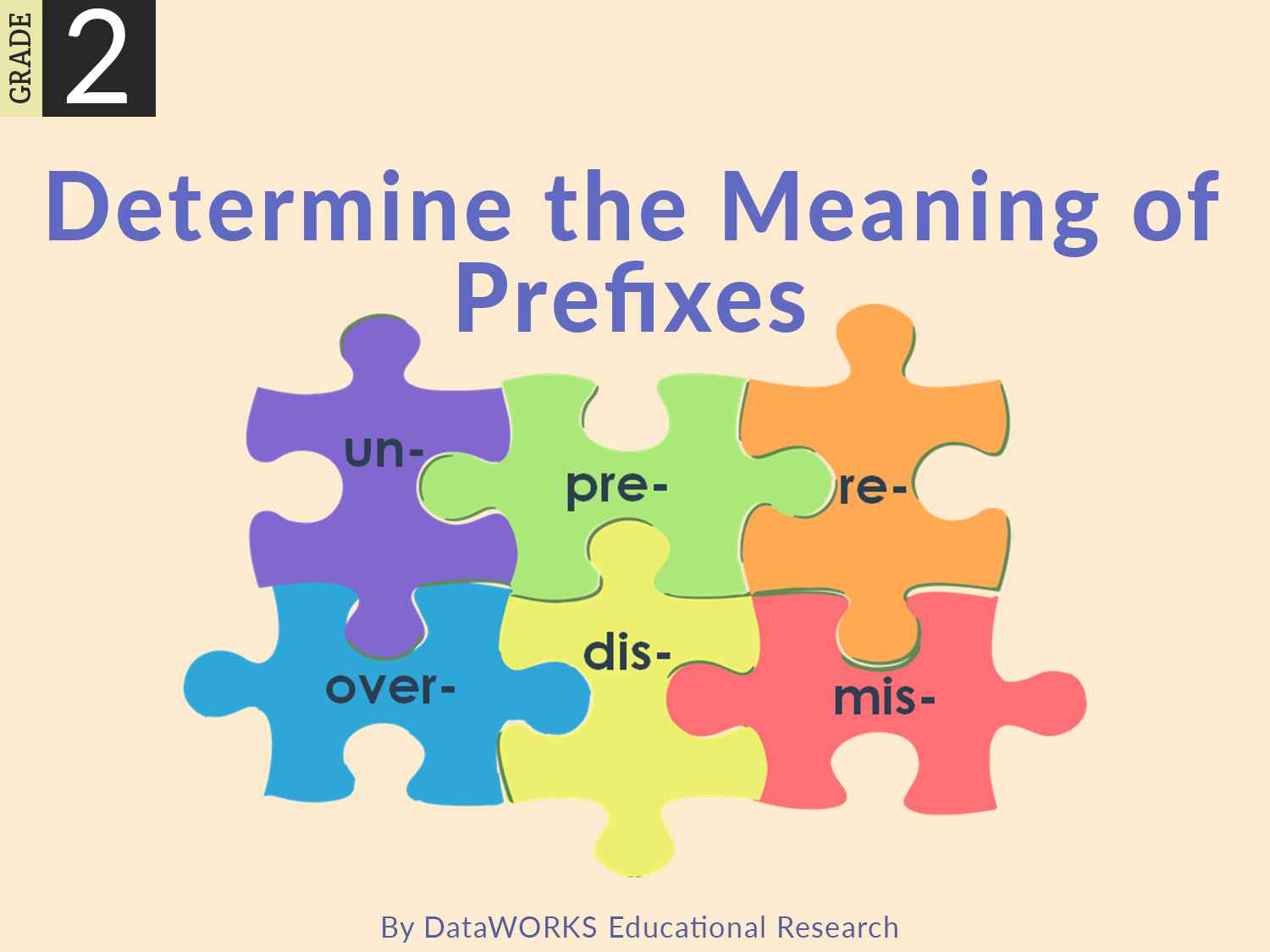
Determine the Meaning of Prefixes
This reading vocabulary lesson focuses on determining the meaning of prefixes. The lesson includes research-based strategies and strategic questions that prepare students for assessments. In addition to the lesson, there are four pages of Independent Practice and review with questions modeled after current adaptive testing items.
Share This Lesson
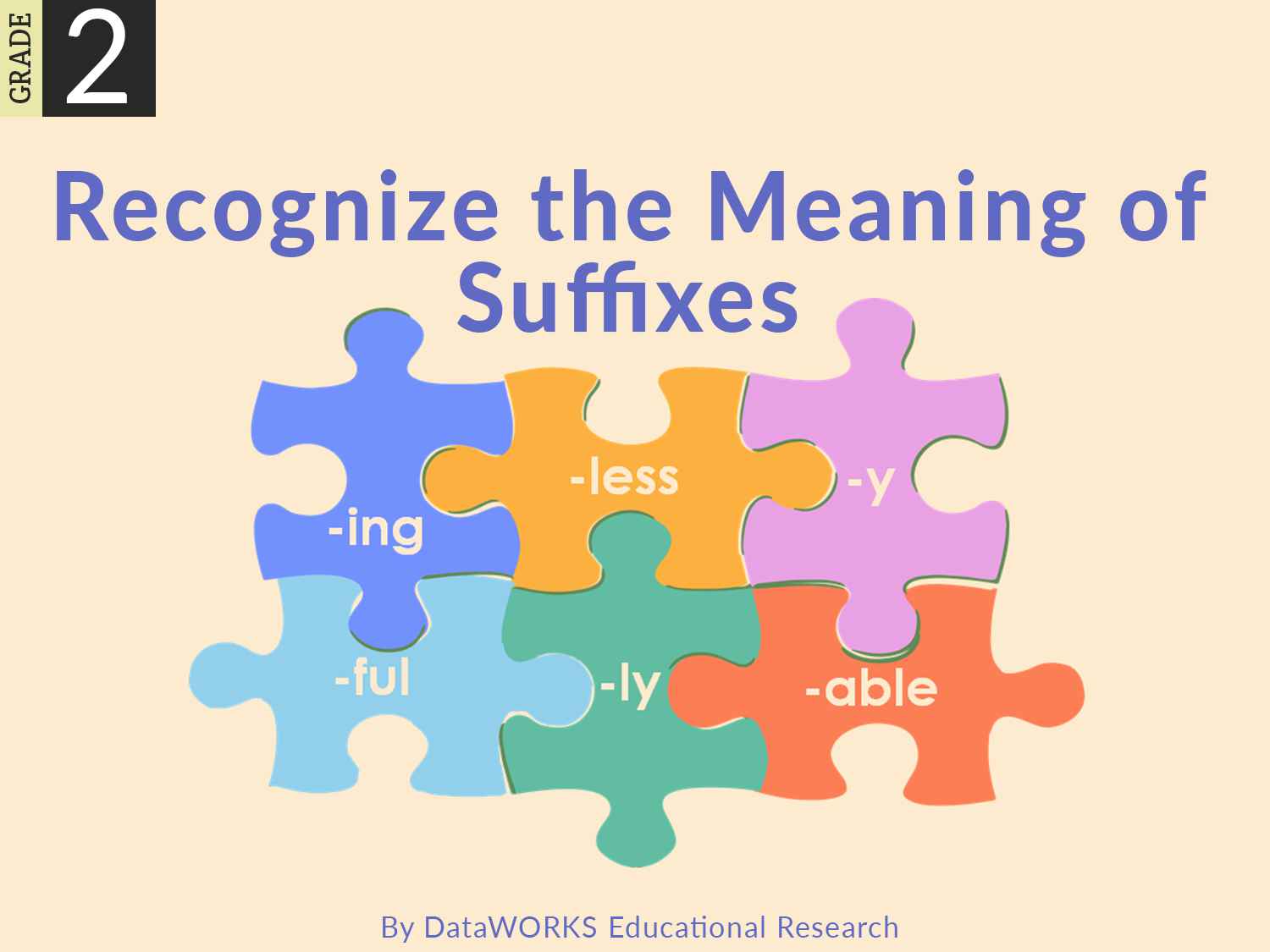
Recognize the Meaning of Suffixes
This reading vocabulary lesson focuses on recognizing suffixes and how they change the meaning of words. The lesson includes research-based strategies and strategic questions that prepare students for assessments. In addition to the lesson, there are four pages of Independent Practice and review with questions modeled after current adaptive testing items.
Share This Lesson
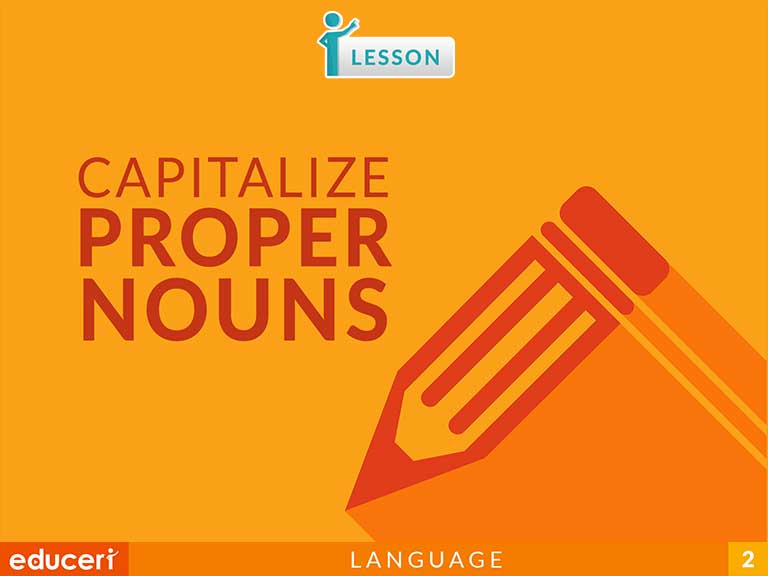
Capitalize Proper Nouns
This writing conventions lesson focuses on capitalizing proper nouns. The lesson includes research-based strategies and strategic questions that prepare students for assessments. In this lesson, students identify specific names of people, places, and things and the letter that should be capitalized. In addition to the lesson, there are four pages of Independent Practice and review with questions modeled after current adaptive testing items.
